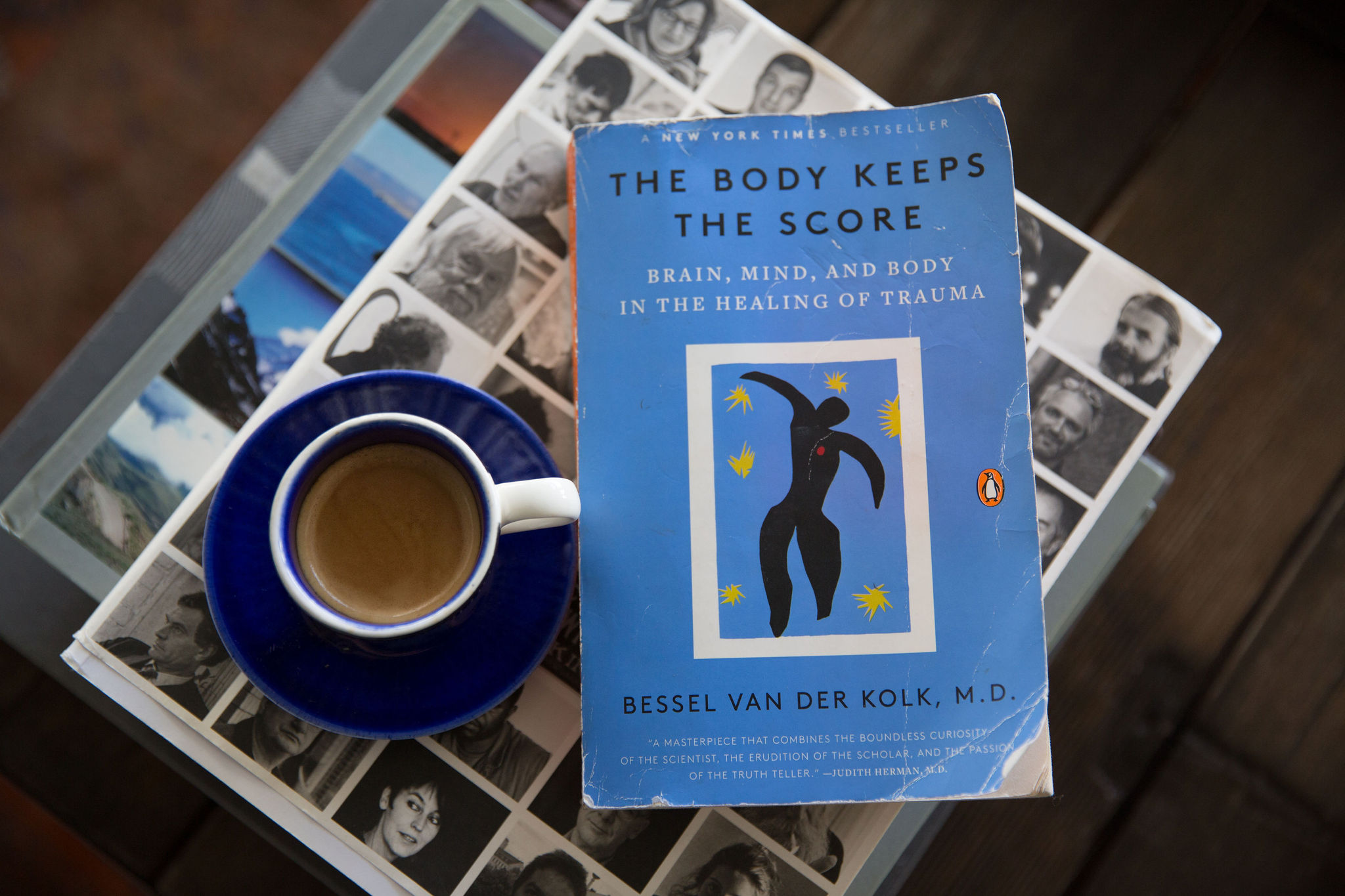I remember years ago wondering why I was so messed up when nothing “that bad” had actually happened to me. This a question a lot of my clients face when they look back at their childhoods. Ok, their childhoods weren’t perfect by any stretch, but in the context of world problems they weren’t that horrific either. So why all the struggle with anxiety, depression, relationships or numbing out with food, alcohol and substances?
Some of my clients have what are overt trauma histories, which involve physical or sexual abuse and the like, but many don’t. So how to explain all the suffering and pain? Had everybody just repressed their memories. It just didn’t make sense.
The book “The Body Keeps the Score” by Bessel Van der Kolk MD really addresses the gulf between what clinicians see in their offices every day and what is officially considered trauma. In the book he maps out what is in fact an epidemic of massive proportions – what he calls “developmental trauma”. He underlines all the research to show that the consequences of “not having been mirrored, attuned to and given consistent care and affection” results in “dissociation and loss of self regulation” in the same way that so-called big “T” Trauma like abuse results in.
What does that mean? It means that if you grew up with parents who were overwhelmed, stressed and unable to navigate their own emotions (and therefore flew into rages, descended into panic spirals or collapsed into depressive episodes) then the consequence is likely that you too will struggle with self-regulating your feelings.
For so many of us, our parents weren’t bad. But there were a whole bunch of feelings they could barely tolerate, let alone teach us to tolerate. Which meant so many feelings went underground – at which point we came up with our own strategies on how to “manage” those feelings. Not very good ones usually!
And so each generation passes on what they didn’t learn how to feel, and the subsequent dysfunction, to the next generation. It’s heartbreaking because it’s nobody’s fault. And it’s a cycle that’s hard to break. It takes time, commitment and practice to respond differently to panic, anger, overwhelm or despair cues. And in the interim our kids are watching.
I’m always reassured by Winnicott’s theory of a “good enough” mother. We don’t need to be perfect. But it helps if we’re staying as conscious as we can and then naming it out loud to our kids when we didn’t handle things well. Ultimately, so much of parenting doesn’t come down to what we say, but the energy we’re holding when we say it. And the latter is pretty hard to fake.
It’s why I’m so fascinated with practicing tolerating different physical sensations in the body – because it’s so foundational to parenting our kids (and parenting ourselves) through those reactive “emotional binge” moments.
Photo credit: @kimserveauphotography


